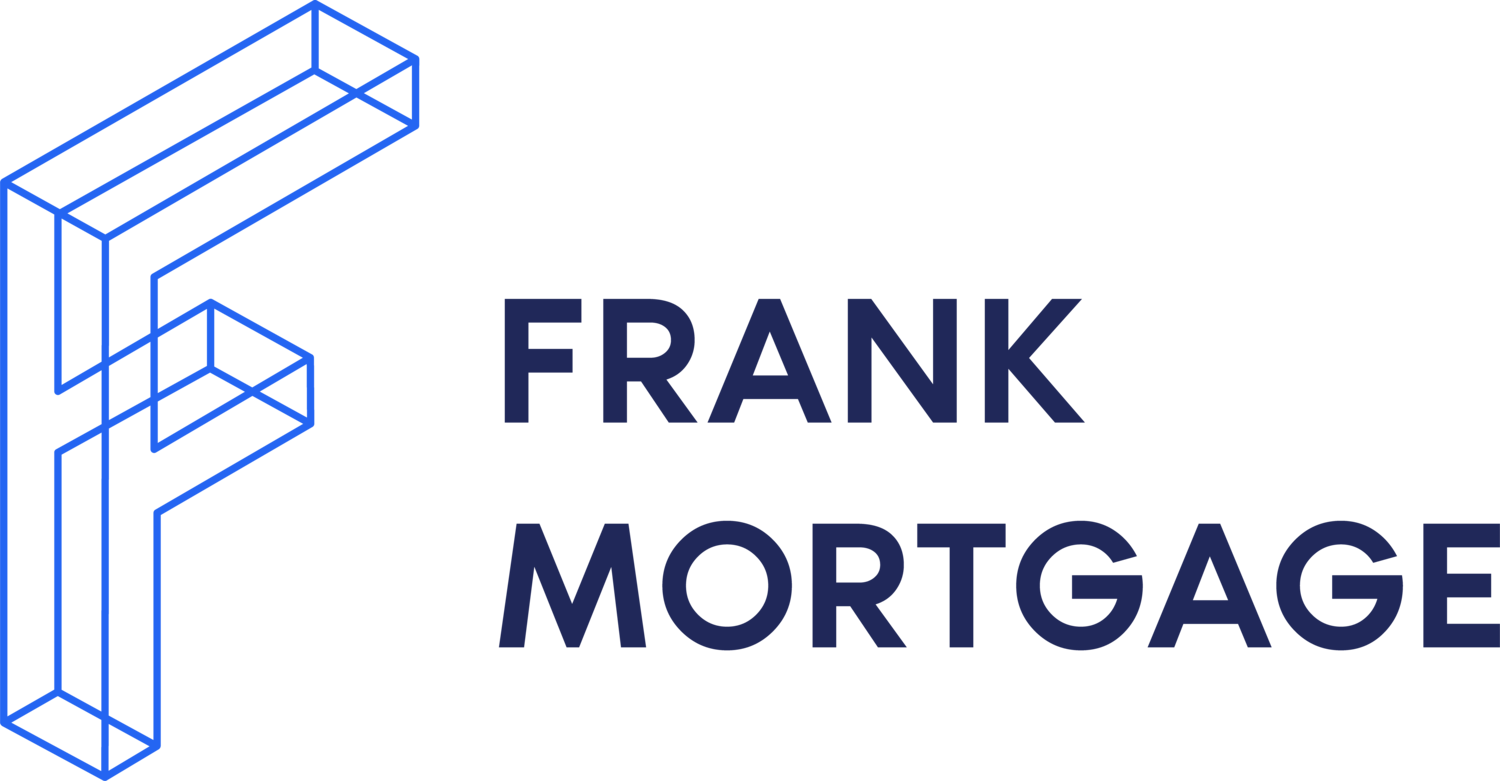Mortgage Documentation Requirements in Canada
Obtaining a mortgage to buy a home is a significant financial step for most Canadians. To make this process smoother and more manageable, it's essential to understand the documentation requirements involved. While getting access to mortgage information and choice for your mortgage decision is becoming easier through online mortgage providers, the documentation requirements are still extensive. Whether you're a first-time homebuyer or looking to refinance your existing mortgage, this comprehensive guide will walk you through the necessary documentation for securing a mortgage.

What Documentation is Required to Get a Mortgage?
We list here the essential documentation that is required to obtain a mortgage. The unique circumstances for each borrower as well as the specific underwriting requirements of each lender may require additional documentation, but this is the core list:
1. Proof of Identity and Residence
To establish your identity and residency, lenders typically require the following documents:
- Valid government-issued photo identification: This can be a passport, driver's license, or any other government-issued ID.
- Proof of Canadian residency: Utility bills, bank statements, or a lease agreement with your current address can serve as proof.
2. Employment and Income Verification
Lenders need to assess your ability to repay the mortgage. You'll need to provide some or all the following documents related to your employment and income:
- Employment letter: This should include your job title, employment status (full-time, part-time, contract, etc.), how long you have worked there, and your income. The letter needs to be on company letterhead, signed by a senior manager or the Human Resources Department and should be recent (i.e., no older than 30 days).
- Pay stubs: Recent pay stubs that verify your income. This requirement may also need evidence of recent pay being deposited electronically.
- T1 General or Notice of Assessment (NOA): These documents confirm your annual income in the prior year and are issued by the Canada Revenue Agency (CRA).
- T4 or T4A tax forms: a T4 will show your employment income. A T4A will show other income such as pension, severance, or investment income.
- Bank statements: Your lender may request several months of bank statements to verify your financial stability.
- In some cases, the lender will want to see documents from your prior employment to establish earnings history and employment tenure.
- If you have earnings from other sources, documents showing that income.
3. Credit History
Your credit history shows a lender your history of repaying your debts. It plays a crucial role in a mortgage approval. Lenders will obtain your credit report from one of the two major credit bureau agencies in Canada - Equifax or TransUnion. These reports show your history of paying your debts and also contain a credit score that is a key input in mortgage underwriting.
- Credit report: Lenders and mortgage brokers will have you sign a consent to allow them to pull your credit reports. You might want to request a copy of your credit report in advance so you can check it for inaccuracies or negative items.
4. Down Payment Verification
The size of your down payment impacts your mortgage size, terms, and approval. Lenders need to confirm that you have the required down payment funds available as well as the source of those funds. You'll need to provide proof of your down payment, which can include:
- Bank and/or investment statements: demonstrating the source of your down payment funds. This includes RRSP statements if your downpayment is coming from your RRSP via the RRSP Home Buyers Plan.
- Gift letter: If your down payment is a gift from a family member, a gift letter confirming that it is not a loan may be required.
- Sale of an existing property: if this is a source of your down payment funds, the lender will want to see the Purchase and Sale Agreement.
It is also worth noting that the lender will want you to have funds available to cover closing costs. Keep this in mind because you will need more than just the down payment funds available. Lenders usually want to see funds equal to at least 1.5% of the mortgage balance on hand to cover closing costs.
5. Property Information
Details about the property you intend to purchase, or finance are required:
- MLS listing: If the property is publicly listed for sale.
- Purchase agreement: A copy of the signed purchase agreement, including the sale price and conditions.
- Property appraisal: In some cases, an appraisal may be necessary to determine the property's value.
- Proof of expenses: Property tax bills, condo fees and heating costs.
- Homeowners insurance policy: major lenders require a mortgage borrower to have homeowner’s insurance on the property securing the mortgage. If the property is a condo, then a proper condo insurance policy is required. You need to provide a copy of this policy before the mortgage closes.
6. Other Financial Obligations and Assets
Lenders want to ensure that you can manage your mortgage payments along with your other financial obligations. Be prepared to provide information on:
- Existing debts: Details of your outstanding loans, credit card balances, and other financial obligations.
- Child support or alimony: Documentation if you pay or receive child support or alimony.
- Evidence of other assets that can support your income and net worth, such as investment accounts, retirements accounts, property investments, and other investments.
The foregoing documentation requirements are the standard for most borrowers. The requirements can be different depending on your individual circumstances. Below are some more common situations where additional documentation may be required.
Additional documents for Self-Employed Individuals
If you are self-employed, lenders will require additional documentation to confirm your business and income:
- Business financial statements: These may include income statements, balance sheets, and tax returns for at least the prior two years.
- Bank statements that can verify the financial activity of the business.
- Notice of Assessment: Personal and business NOAs for the past two years.
- Articles of Incorporation and/or a business license.
Additional documents for newcomers to Canada
If you are a newcomer to Canada, you may need to provide:
- Permanent resident card or immigration documents: Proof of your status in Canada.
- International credit history: If available, documentation from your home country's credit bureau.
- Six months of bank statements.
- Utility bills showing your address and payments.
Additional documents for rental properties
Owners or buyers of rental properties can include the income from those properties in their application to help them qualify.
- You will need to provide rent or lease agreements to verify this income.
- Mortgage agreements for additional owned properties to confirm your debt obligations.

Preparing for the Mortgage Application Process
Before applying for a mortgage, it's crucial to gather all the required documentation and review your financial situation. Consider working with a mortgage broker or advisor who can guide you through the process and help you prepare a strong application. To read up on how to prepare to get your mortgage please see here - A Beginners Guide to the Mortgage Process
Final Word
Securing a mortgage in Canada requires you to provide extensive documentation to ensure lenders can assess you as a borrower. By understanding these requirements and having your documents ready, you can streamline the mortgage application process and increase your chances of approval. Remember that specific lender requirements may vary, so consult with a mortgage professional to tailor your application accordingly. A little preparation, including gathering the required documents in advance, will help you get the best outcome from your mortgage process. It is a big financial commitment that is worth the extra effort.
If you would like assistance financing a purchase of a new home, or refinancing an existing home, Frank Mortgage is here to help. With Canada’s best online mortgage platform and a Google rating of 4.9 stars, we are confident we can find you the best deal and make the process as stress free and smooth as possible.
Find us at www.frankmortgage.com or call us at 1-888-850-1337.
Related Pages
About The Author

Don Scott
Don Scott is the founder of a challenger mortgage brokerage that is focused on improving access to mortgages. We can eliminate traditional biases and market restrictions through the use of technology to deliver a mortgage experience focused on the customer. Frankly, getting a mortgage doesn't have to be stressful.
Related Posts




Mortgage Brokerage Licensed in Ontario (#13204), British Columbia, Alberta, Saskatchewan (#514115), Manitoba, Nova Scotia, Newfoundland & Labrador, and New Brunswick (#230015752).
© Frank Mortgage 2025 | All Rights Reserved


